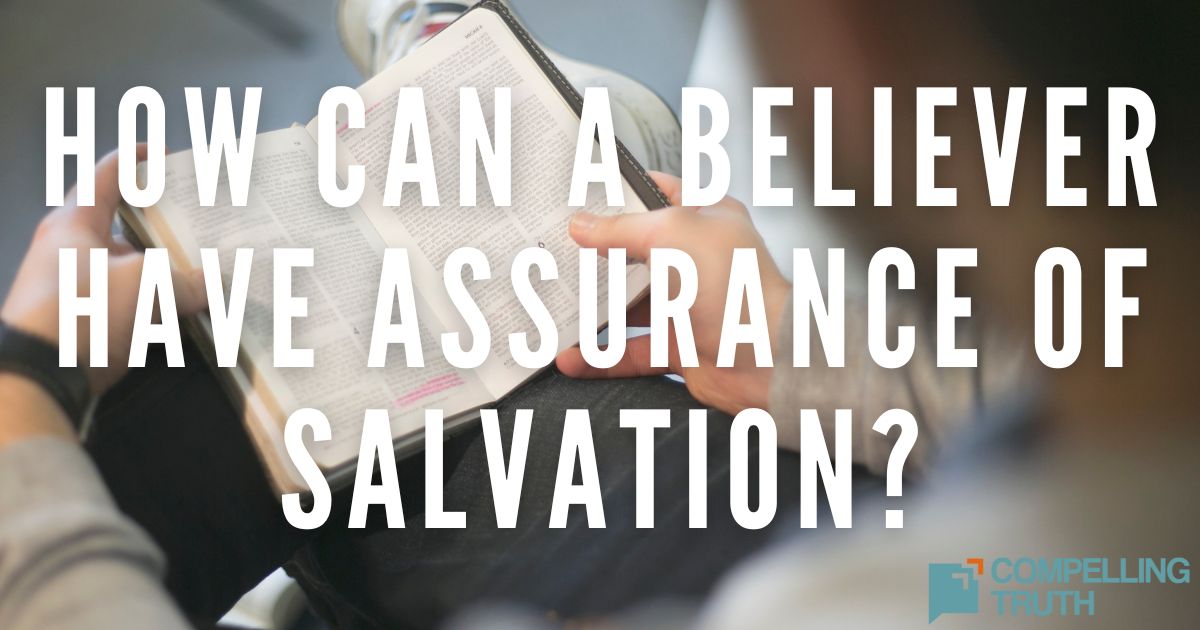what does the bible say?
Everybody sins. An unpleasant result of sin is the feeling of guilt. Guilt is recognizing that we have done something wrong, and feeling guilty is feeling bad for the wrong we committed. On one hand, feelings of guilt are a blessing, because they push us towards God. Just like physical pain drives us to find out what's wrong, the spiritual pain of guilt causes us to seek forgiveness, which God promises to give to us when we confess our sins. Although we are no longer condemned for our sins when we put our trust in Him, the guilt sometimes still remains. However, we can see guilt as an invitation for us to seek God rather than to hide from Him. When we feel guilty, we can come to Him in prayer, confessing our sin or whatever is bothering us. We can ask God to see the situation rightly, and we can hold on to what is true. God has already forgiven our sins when we trusted in Jesus’ death and resurrection, and He delights in restoring us from our feelings of guilt into abundant life in Him.




